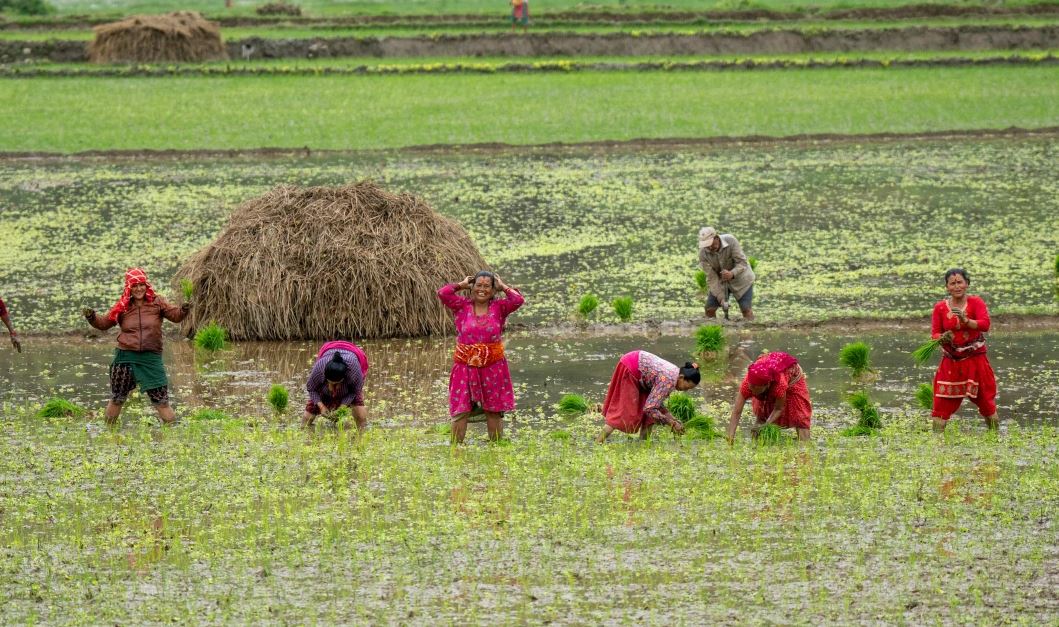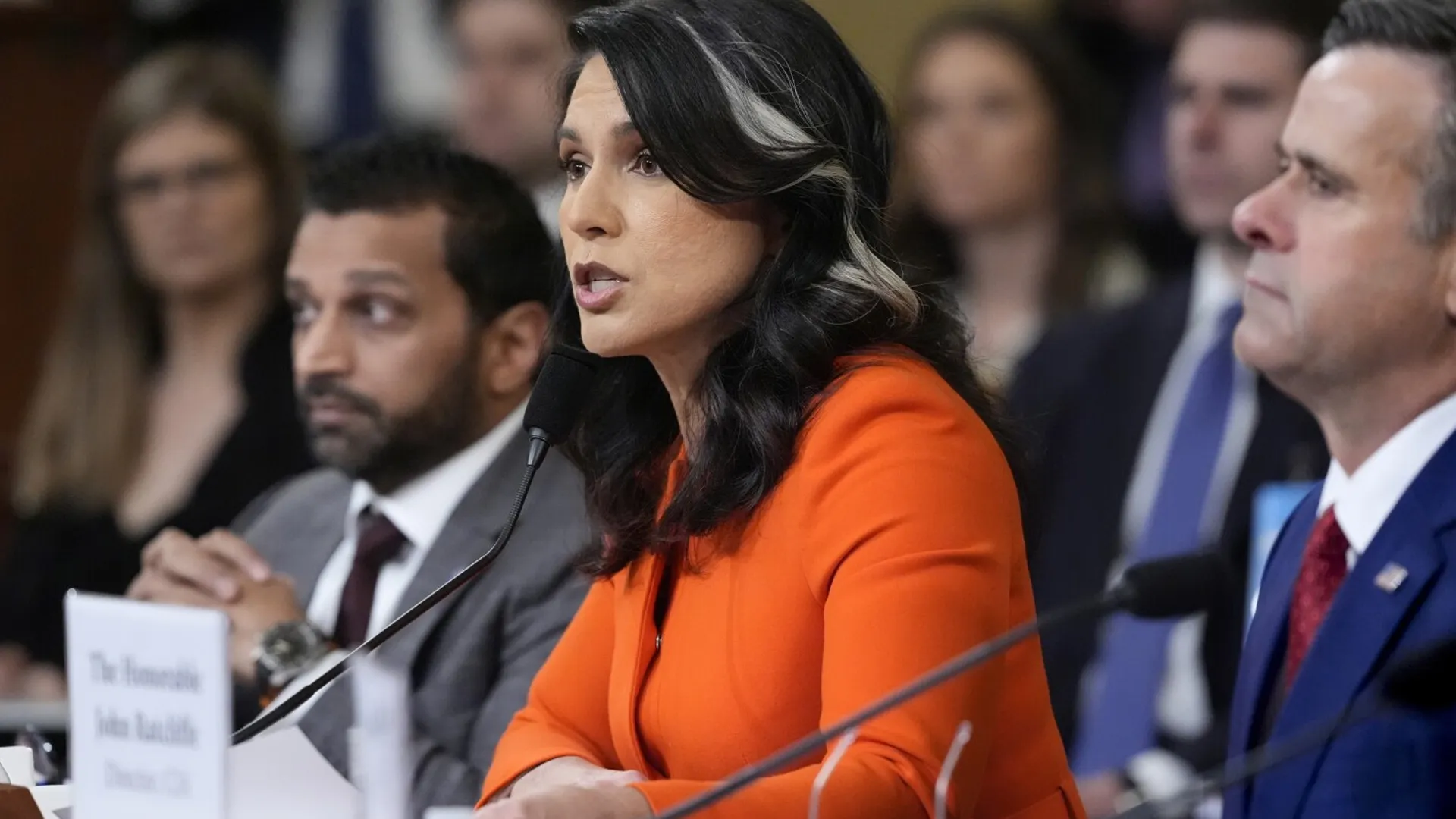According to IMF Director and Chief Economist Pierre-Olivier Gourinchas, restrictions on the export of some varieties of rice by India are likely to increase global food price volatility. Additionally, they (the export ban on rice) may trigger reprisals. Therefore, we would encourage the removal of these kinds of export restrictions because they may be detrimental globally, Gourinchas said in a press conference following the Tuesday launch of the World Economic Outlook. During the press conference, he was questioned about the possible effects of India’s decision to limit the export of some types of rice on global inflation.
Notably, India’s rice exports ban came soon after Russia’s announcement of pulling out from the United Nations and Turkey-brokered Black Sea grain deal.
The IMF chief economist noted that the Black Sea Grain Initiative was very instrumental in making sure that there would be ample grain supply to the world in the last year.
“And there are estimates of about 33 million tons of grain that were shipped from Ukraine to the rest of the world. And it helped keep price pressures on food and grain prices lower,” Gourinchas said.
The semi-milled or fully milled rice, whether polished or glazed, was subject to a change in the export policy from “free” to “prohibited,” which went into effect right away. However, export will only be permitted in accordance with the government’s permission granted to other nations in order to meet their needs for food security and in accordance with their request. Benin, a nation in West Africa, is a significant importer of Indian rice that isn’t basmati. Nepal, Bangladesh, China, Cote D’Ivoire, Togo, Senegal, Guinea, Vietnam, Djibouti, Madagascar, Cameroon, Somalia, Malaysia, Liberia, and the United Arab Emirates are additional destinations.






















